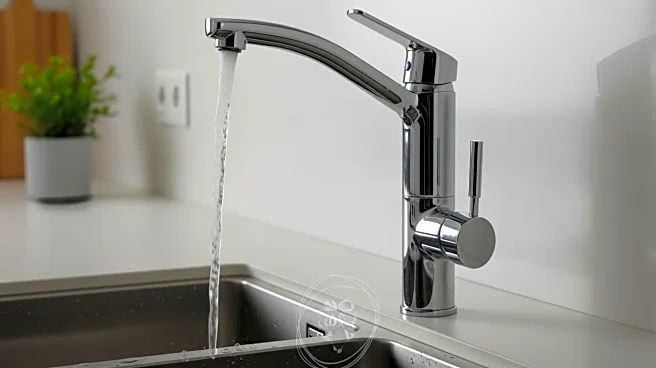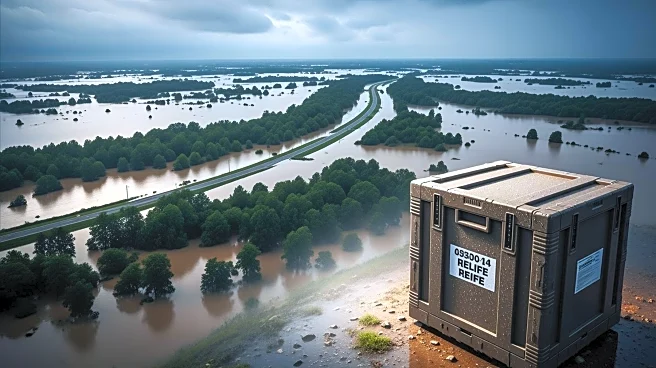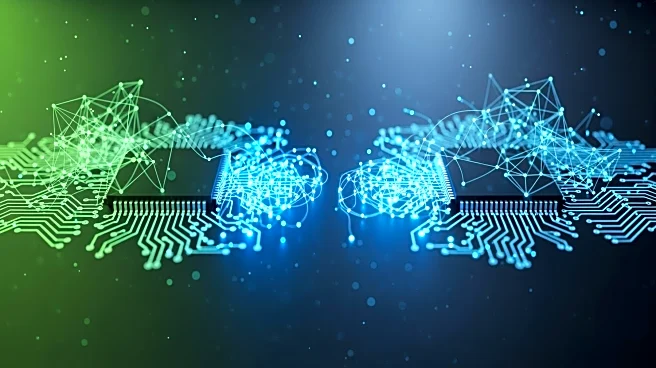What's Happening?
Realtor.com has released a new analysis highlighting the fastest-growing home features in real estate listings. WaterSense fixtures, which are designed to use at least 20% less water and save energy, have
seen a significant increase in mentions, rising by 289.6% year-over-year. These fixtures are categorized as 'rare' and are typically found in higher-end homes with a median price of about $628,000. The analysis also noted a rise in biophilic indoor/outdoor designs, which blur the lines between interior and exterior spaces, and electric vehicle (EV) charging stations, which have become more widespread. The report reflects a shift towards energy efficiency and sustainability in home design, with smart home features like built-in coffee systems and smart lighting scenes also gaining popularity.
Why It's Important?
The growing popularity of WaterSense fixtures and other energy-efficient home features indicates a significant shift in consumer preferences towards sustainability and cost-saving measures. This trend is likely to impact the real estate market by increasing the value of homes equipped with these features, as buyers are increasingly looking for properties that offer long-term savings on utility costs. The emphasis on smart home technology also suggests a continued demand for homes that support remote work and digital lifestyles, which have become more prevalent. As these features become more desirable, real estate developers and sellers may need to adapt their offerings to meet the evolving expectations of buyers.
What's Next?
As the demand for energy-efficient and smart home features continues to rise, real estate developers and sellers may focus on incorporating these elements into new constructions and renovations. This could lead to an increase in the availability of homes with WaterSense fixtures, biophilic designs, and EV charging stations. Additionally, the trend towards smart home technology may drive further innovation in home automation systems, potentially leading to new products and services that enhance convenience and connectivity for homeowners. Real estate professionals will likely monitor these trends closely to adjust their marketing strategies and property offerings accordingly.
Beyond the Headlines
The shift towards sustainable and smart home features may have broader implications for environmental policy and consumer behavior. As more homeowners adopt energy-efficient technologies, there could be a reduction in overall water and energy consumption, contributing to environmental conservation efforts. This trend may also influence government policies and incentives aimed at promoting sustainable living practices. Furthermore, the integration of smart home technology could lead to increased data collection and privacy concerns, prompting discussions about the ethical use of personal information in home automation systems.








